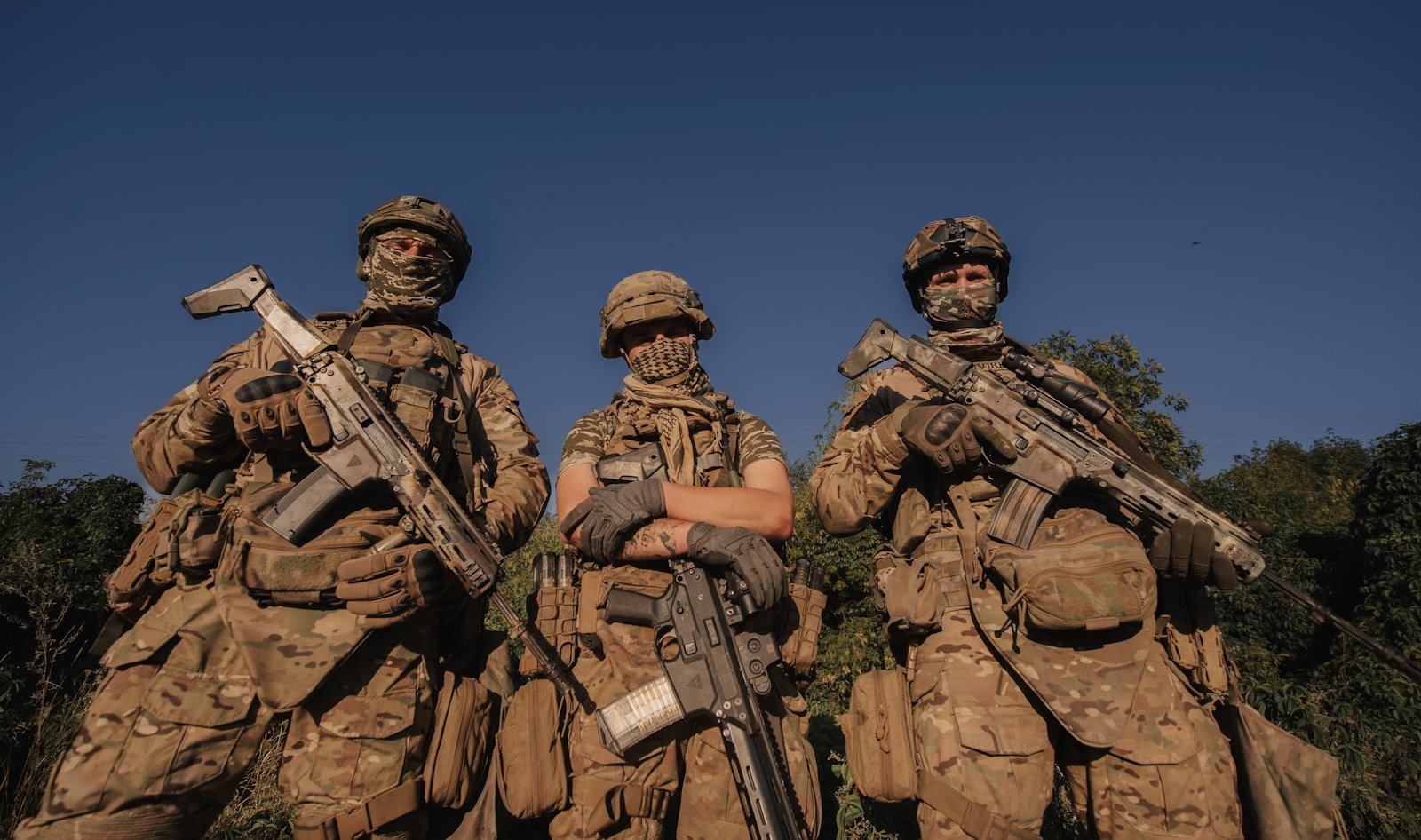Key Takeaways
- Soldiers report growing military confusion over which orders they must follow
- A veteran columnist warns that skipping a formal war vote adds legal doubt
- Troops feel moral doubt when they worry an order may be unlawful
- Clear rules and Congressional action could ease the crisis
A noted veteran columnist explains that the current system leaves troops in military confusion. He served in a major conflict and wrote that soldiers now face “profound legal confusion” and “moral doubt.” According to his view, they lack the tools to judge each order’s lawfulness. As a result, they wonder if they might break the law by following a direct command. This issue affects all service members—army, navy, air force, and marines.
Why Military Confusion Matters
Soldiers swear to obey lawful orders. Yet they also take an oath to refuse illegal orders. When these two duties collide, service members enter military confusion. They worry about their duty to protect civilians and the law. At the same time, they fear punishment for disobedience. This conflict can hurt morale and trust. Moreover, it can delay critical actions in a crisis.
The Role of Congress and War Declarations
Long ago, Congress declared wars to ensure proper debate. Such votes give soldiers clear legal cover and public support. However, when the president acts alone, troops lose that safety net. Without a formal declaration, they face military confusion about whether the mission meets the law. A public vote also lets citizens weigh the costs of conflict. It guides soldiers who must risk their lives.
Soldiers Face Tough Choices
Imagine a young marine ordered to launch an attack. He has no legal training. Yet he must decide if the mission is “manifestly unlawful.” If he obeys an illegal order, he may face war crimes charges. If he refuses, he may go to prison for insubordination. In reports from the field, active duty troops describe sleepless nights and second-guessing their leaders. They feel trapped by military confusion that weighs on their hearts and minds.
Advice from Legal Experts
Legal advisers can help, but they can’t be everywhere. And they often work for senior commanders, not every squad. Therefore, individual service members lack direct legal support in the field. Meanwhile, a single memo from the top can’t cover every scenario. Soldiers must still rely on their own judgment. This gap fuels further military confusion. Leaders must find ways to share clear guidance with all troops.
How Leaders Can Solve the Issue
First, commanders should issue simple rules that spell out legal limits. They can use real-world examples to show what counts as lawful. Second, the military can expand remote legal support. Troops in the field could call lawyers for advice before acting. Third, senior officers should hold regular briefings to discuss tough cases. These steps can reduce military confusion by giving troops clear direction and confidence.
What This Means for the Future
If left unaddressed, military confusion will erode trust in the chain of command. Soldiers may start to ignore certain orders or hesitate in critical moments. That hesitation can cost lives on both sides of a conflict. Conversely, clear rules build trust and speed up decision making. In the end, the nation depends on a military that acts quickly and lawfully. Fixing military confusion is vital for both soldiers and civilians.
Moving Forward Together
Addressing military confusion requires cooperation between the president, Congress, and senior officers. A formal debate on war powers would restore legal clarity. Meanwhile, the military can adopt stronger training on the laws of war. Such training must go beyond classroom lectures. It should include realistic drills where troops apply the rules under stress. By doing so, the armed forces can protect both national security and moral standards.
Frequently Asked Questions
What does the term “military confusion” refer to?
Military confusion describes when service members feel unsure about whether an order is lawful. This doubt can harm morale and readiness.
Why do soldiers feel moral doubt about orders?
Soldiers swear to obey lawful commands but also to disobey illegal ones. When rules aren’t clear, they worry about breaking the law or their oath.
Can troops refuse orders they believe are illegal?
Yes. Service members have a duty to reject “manifestly unlawful” orders. However, proving an order illegal can be hard without legal support.
How can Congress help reduce military confusion?
Congress can hold a formal debate and vote on authorizing conflict. A public, legal declaration clears up the law for soldiers before they deploy.
